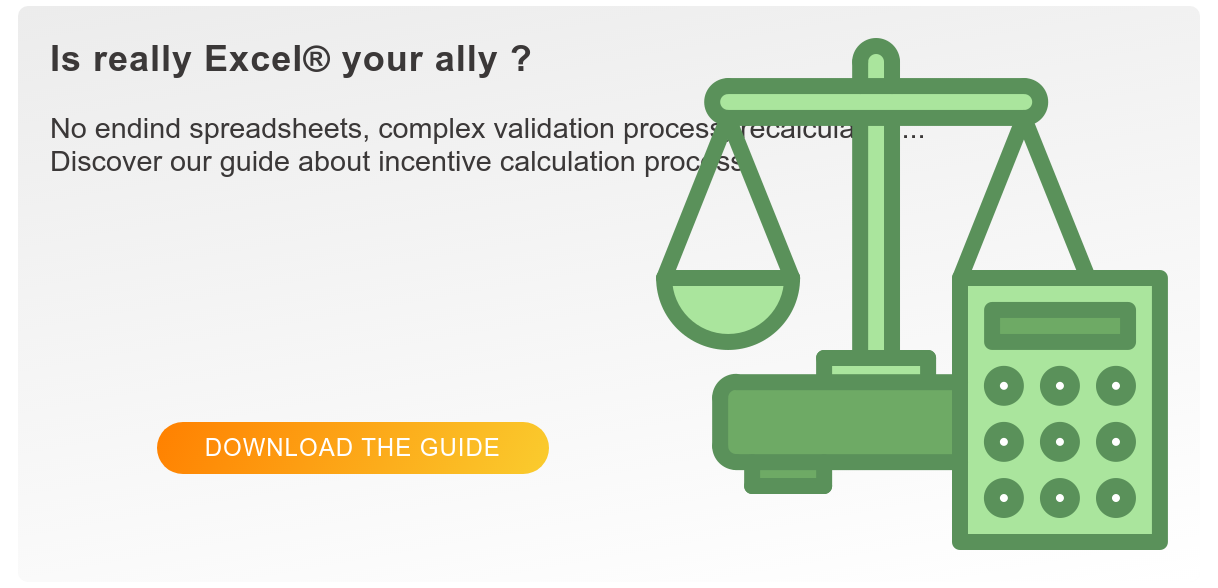As the fight for equal pay progresses, pay transparency continues to raise debate. What does pay transparency really mean and should it really be considered to be a utopia? Let’s have a look at some preconceived ideas concerning pay transparency.
Is pay transparency really a current preoccupation? True
On 15 December 2023, the European Parliament and EU member state governments passed a directive aiming to strengthen equal pay between men and women. As a result European jobseekers will have access to wage data which should be included on the job description or be communicated during the interview. Active employees will also have the right to access data allowing them to know if the company they want to work for practices equal pay or not.
If the application of this directive to all member states is unlikely before 2024, pay transparency as regards equal pay between the genders is already a major issue in France. In fact an appeal court ruling dated 8 March 2023 states that all employees now have the right to request access to the wage slips of male colleagues in equivalent positions such that equal pay policies can be proven. If the law does not oblige companies to guarantee equal pay in gender terms, it does force them to be transparent and provide access to information.
Could pay transparency generate discord amongst employees? True
Wage transparency is one of those innovations promoted by companies seeking to erase unjustified differences and install a calmer social climate. However making the wage data of all employees available, and thus openly displaying the inevitable differences in place, means trusting that all employees will be able to evaluate their own value very objectively and compare themselves with their colleagues in a climate of total honesty and realism. This means that each employee is ready to admit that their colleagues might be better paid than them because they are more competent or were recruited at a time when the job market was more favourable.
We have to admit that it is unlikely that every company employee can be objective to such an extreme extent. Wage transparency involves the risk of creating negative competitive feeling between employees, fed by misunderstanding and invention in the face of what is probably just perfectly well justified and coherent wage differences. The tension and frustration likely to result from such an approach will only confirm the extent to which it is both utopic and counter-productive.
Is wage transparency pointless if employee compensation is fair? True
If a company does not pay its employees correctly, if there are unjustified wage differences or if wages simply do not reflect the true value that the employees bring to the company, this means there must be profound failings in management policy and HR management. Wage transparency will not resolve these issues the consequences of which will inevitably come to the fore sooner or later.
In the same way, if employees are paid fairly and are paid in relation to their skills and profile, wage transparency will be just as pointless, since any differences in pay will be perfectly justified. However, access to wage structure data would allow employees to know what they need to do to access higher pay and might boost motivation.
Could pay transparency complicate the recruitment of new talent? True and false
If indicating wages on job offers is now becoming an obligation as a result of the application of the new European directive, this measure worries many employers who fear that their talent will leave them. In reality this approach can have both positive and negative effects. It is true that immediate access to wage figures avoids wasting time on pointless negotiations with candidates demanding wages that the company is in no position to offer.
However this way of achieving pay transparency amongst new arrivals could increase staff turnover if they have previously benefitted from higher wages because of tensions in the sector. If they are tempted to start a bidding war, they might decide to resign just after joining to try to earn more elsewhere. To cope with this phenomenon, it is important to focus on the wage structure and be clear about how employees can increase their wages by taking on the company’s challenges. The company must also make its compensation package attractive if they want to stand out from the competition and keep talent on board by using their HR offer to make the difference.
Pay transparency is evidently utopic as well as being a potential source of dissension amongst staff. However changes to the legislation covering pay transparency must encourage companies to revise their managerial policy and HR management, in order to ensure that their wage structure remains coherent and functions as a source of motivation. Employers must therefore use this fight against unequal pay to improve their compensation packages and ensure that their company remains attractive.




